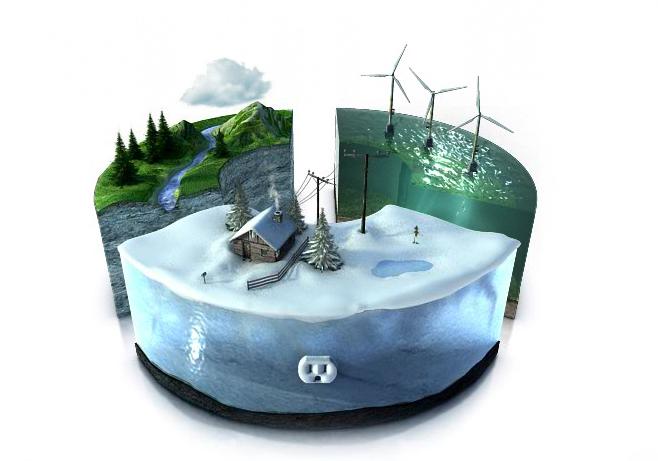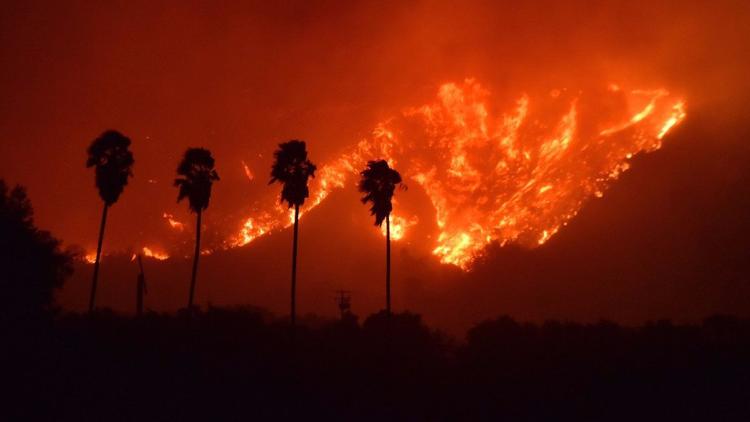A Smart Grid for Water
Several parts of the world are experiencing
water stress and high water bills, and stemming water leaks and conservation is
becoming more important. While a lot of attention has been given to the
electric smart grid, there is potentially an equally large market for a water
smart grid. IBM estimates that the
market for a water smart grid could be worth US $10 billion for just the
information technology side of the business.
Leaks are a major problem for utilities,
with the water infrastructure in some cities at more than fifty years old, this
problem is growing. Currently utilities only monitor major leaks at
intersections in a pipeline network but not small leaks that, if left alone,
can disrupt water pressure, larger leakages and undermine pavements. Smart fire
hydrants could be used to detect small leaks in some countries and relay this
information back to the utility. For example, Mueller Systems’ Mi Hydrant can
wirelessly transmit data on water flow on demand or at set times to a utility.
Smart water meters are starting to make
inroads in the market. In the USA alone water bills have risen by an average of
one third over the past five years. Thus there is a market for customers to
have real-time data on their water usage and water prices.
In the Middle East and North Africa significant water stress has created a
small, but growing market for meters.
Also on the demand side, approximately 50%
of urban water is used for landscaping. Most water sprinkling systems are on a
timer and settings are usually based on estimates over a season rather than on
a day-to-day or hourly basis. Several companies, such as HydroPoint, PureSense
and Accuwater, are developing smart sprinklers for landscaping purposes.
HydroPoint’s WeatherTrak uses satellite technology and weather forecasts to
estimate evaporation rates and thus change watering patterns. This type of
technology and soil sensors has already been used in the agricultural sector to
prevent the under watering and over watering of crops.
As there is a strong connection between
energy and water, conserving water is bound to conserve energy. Therefore a
water smart grid would improve energy efficiency. In California it is estimated
that 19% of energy consumed is used in the transmission and distribution of
water.




Comments
Post a Comment